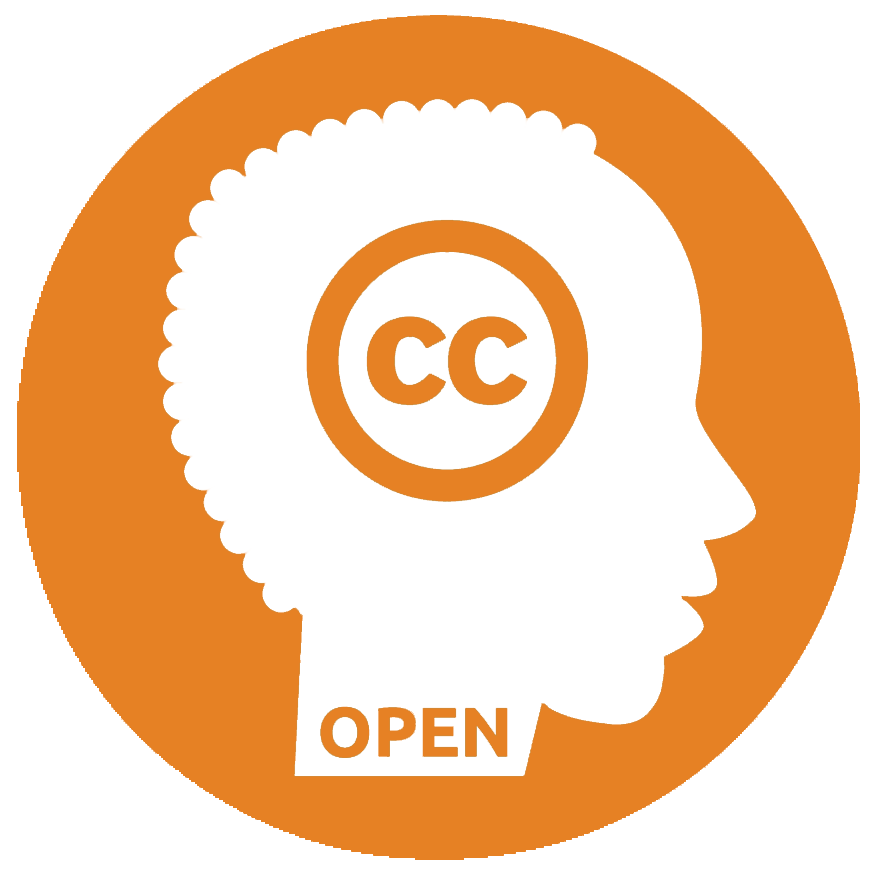Full Library
Effectiveness of virtual reality-based instruction on students' learning outcomes in K-12 and higher education: A meta-analysis
Resource type
Journal Article
Authors/contributors
- Merchant, Zahira (Author)
- Goetz, Ernest T. (Author)
- Cifuentes, Lauren (Author)
- Keeney-Kennicutt, Wendy (Author)
- Davis, Trina J. (Author)
Title
Effectiveness of virtual reality-based instruction on students' learning outcomes in K-12 and higher education: A meta-analysis
Abstract
The purpose of this meta-analysis is to examine overall effect as well as the impact of selected instructional design principles in the context of virtual reality technology-based instruction (i.e. games, simulation, virtual worlds) in K-12 or higher education settings. A total of 13 studies (N ¼ 3081) in the category of games, 29 studies (N ¼ 2553) in the category of games, and 27 studies (N ¼ 2798) in the category of virtual worlds were meta-analyzed. The key inclusion criteria were that the study came from K-12 or higher education settings, used experimental or quasi-experimental research designs, and used a learning outcome measure to evaluate the effects of the virtual reality-based instruction.
Publication
Computers & Education
Volume
70
Pages
29-40
Date
01/2014
Journal Abbr
Computers & Education
Language
en
ISSN
03601315
Short Title
Effectiveness of virtual reality-based instruction on students' learning outcomes in K-12 and higher education
Accessed
27/09/2022, 11:54
Library Catalogue
DOI.org (Crossref)
Citation
Merchant, Z., Goetz, E. T., Cifuentes, L., Keeney-Kennicutt, W., & Davis, T. J. (2014). Effectiveness of virtual reality-based instruction on students’ learning outcomes in K-12 and higher education: A meta-analysis. Computers & Education, 70, 29–40. https://doi.org/10.1016/j.compedu.2013.07.033
Outcome measure
Instructional domain (subject)
School or home
Moderating variables
Tech Hardware
Tech Software
Tech mechanism
Learning Approach
Teacher Pedagogy
Research methods
Effect size/ heterogeneity
HIC/LMIC
Quality of research
Link to this record

